Recursion
Introduction
Recursion is a fundamental concept in computer science, mathematics, and other related fields. It is a method where the solution to a problem depends on solutions to smaller instances of the same problem. The process involves a function calling itself while a condition is met, or until a specified condition is met.

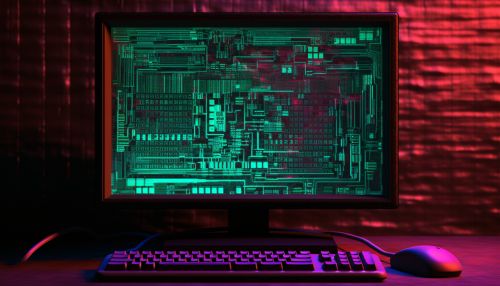
Definition
In computer science, recursion is a method of solving problems where the solution depends on solutions to smaller instances of the same problem. This approach can be applied to many types of problems, and recursion is one of the central ideas of computer science.
The power of recursion evidently lies in the possibility of defining an infinite set of objects by a finite statement. In the same manner, an infinite number of computations can be described by a finite recursive program, even if this program contains no explicit repetitions.
Mathematical Recursion
Mathematical recursion, also known as recursive definition or recursion in mathematics, is a method of defining functions in which the function being defined is applied within its own definition.
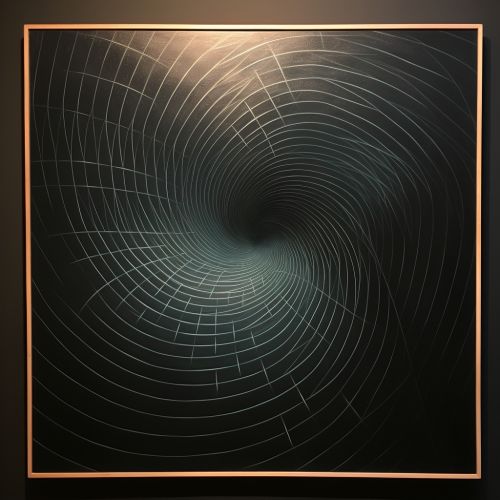
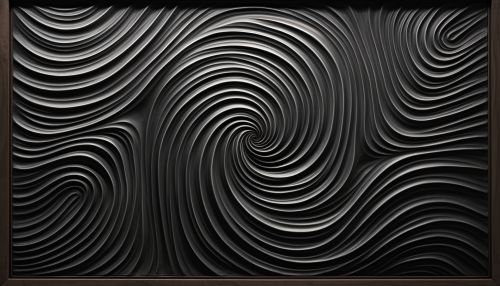
The term is used in a variety of senses, from the general concept of using a rule that refers to a previous state in a process, to specific techniques such as the method of successive substitution in differential equations, or the use of recurrence relations in number theory.
Recursion in Computer Science
In computer science, recursion is a method where the solution to a problem depends on solutions to smaller instances of the same problem. Such problems can be solved using iterations, but recursion provides a more elegant and shorter code.
A computer programming language is said to have recursive capabilities if it can support a function that calls itself, either directly or indirectly. Most modern programming languages including Java, Python, and C++ support recursion.


Types of Recursion
There are several types of recursion, including direct, indirect, and mutual recursion.
Direct recursion occurs when a function calls itself directly, while indirect recursion involves a function being called by another function that it had previously called. Mutual recursion occurs when two or more functions call each other in a circular manner.
Recursion vs Iteration
Recursion and iteration are two different programming concepts that can be used to solve similar types of problems. While both involve repetition, recursion is a process that calls itself, and iteration is a process that repeats a sequence of instructions until a certain condition is met.
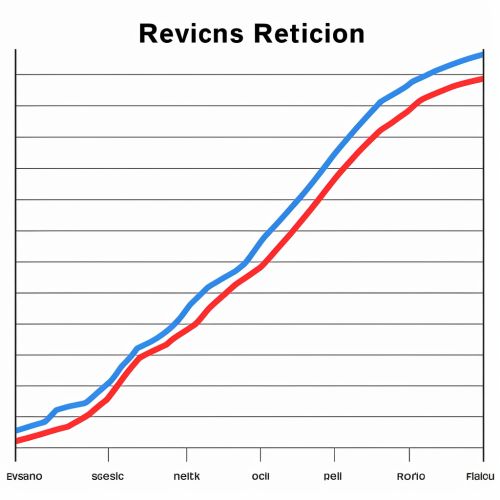
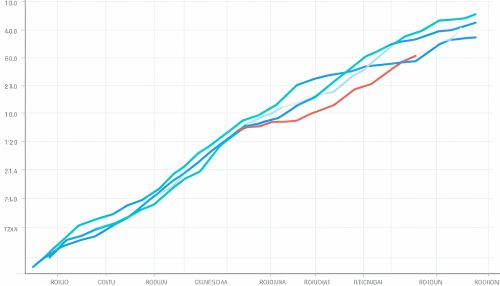
Advantages and Disadvantages of Recursion
Recursion has several advantages and disadvantages. It can reduce time complexity and make the code cleaner and easier to understand. However, it can also lead to higher memory usage and can be more difficult to debug.
See Also
- Tail Recursion - Divide and Conquer Algorithms - Dynamic Programming - Backtracking
